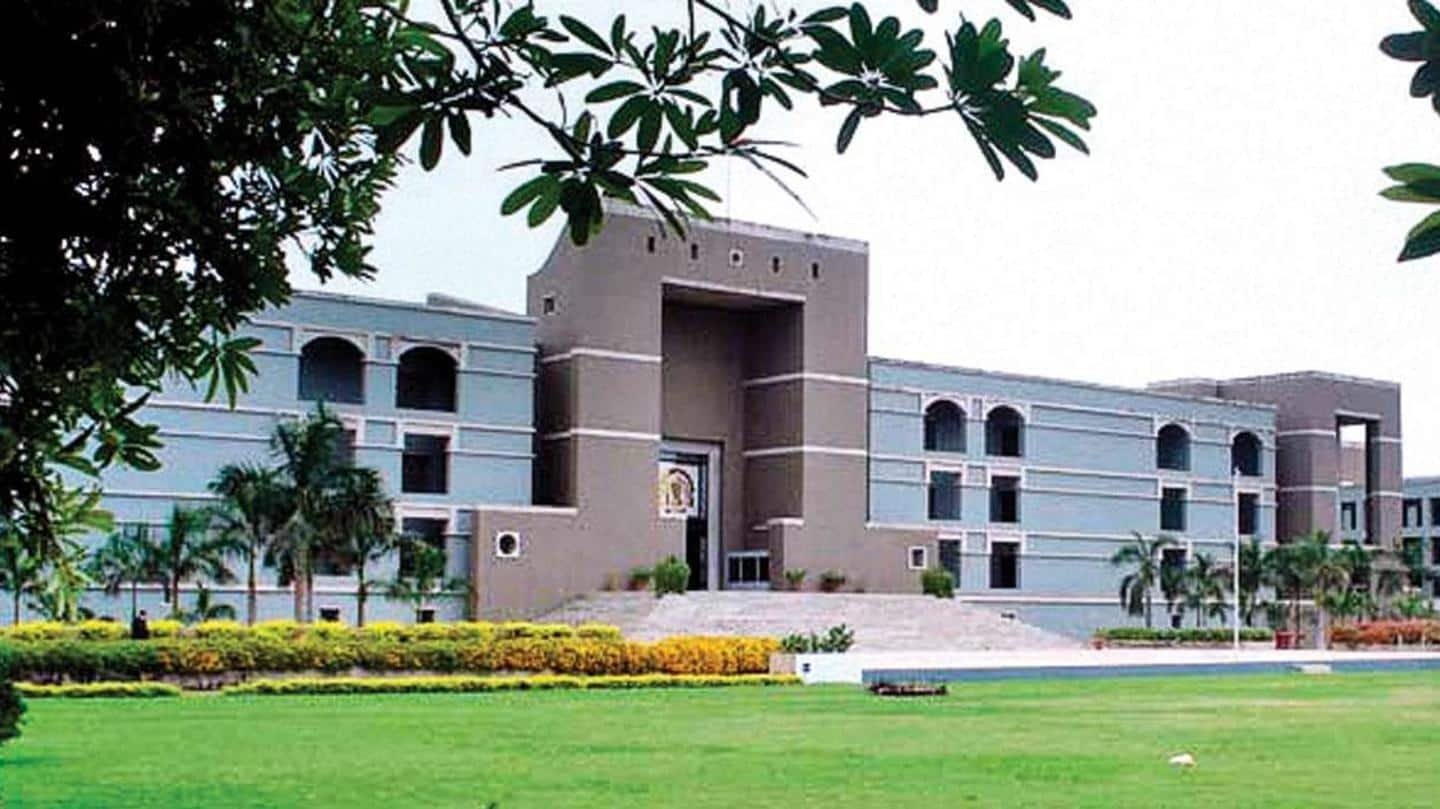
Parsi body approaches HC over last rites of community members
What's the story
The Gujarat High Court has issued a notice to the Central, state governments, and local authorities in Surat over a Parsi Panchayat body's plea seeking permission for them to perform the last rites of community members who died of COVID-19, as per the Zoroastrian tradition. The court of Justice Nirzar Desai on Friday issued a notice to the respondents, returnable on May 27.
Information
Here is what the plea says
In its plea, the Surat Parsi Panchayat Board, along with its trustee Homi Doodhwala, sought to protect the fundamental right to perform the last rites of members of the community who died of COVID-19, as per the tradition of Dokhamanshini.
Tradition
Bodies currently are either being cremated or buried
In the Dokhamanshini tradition, the body is kept at a height in a structure referred to as a well or silence tower, to be eaten by vultures, and remains are left to decompose under the sun, it was stated. In the absence of specific guidelines for disposal of Parsi body, authorities have compelled relatives of deceased patients to opt for cremation, the plea stated.
Information
Authorities compelling the community to opt for cremation: Lawyer
The petition, moved by lawyer Asim Pandya, said the community has been compelled by the authorities to opt for cremation or burial of the deceased members "as against their religious practice and sentiments."
Violation
Fundamental rights of Parsis being violated: Plea
"Since the guidelines do not recognize other methods of disposing of bodies of deceased COVID-19 patients, respondents (state, Surat Municipal Corporation, and Surat collector) do not allow the Parsi community to follow their religious and customary mandate for last rites," it said. The interpretation of the local authorities is causing problems, resulting in violation of the fundamental rights of Parsis, the plea stated.